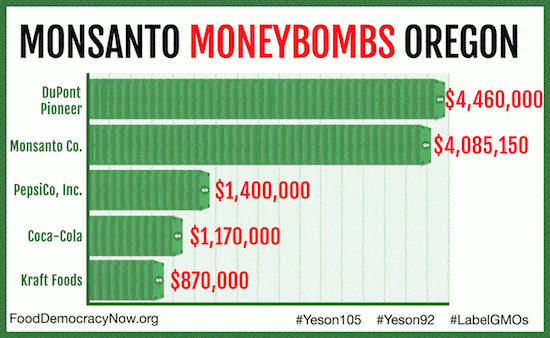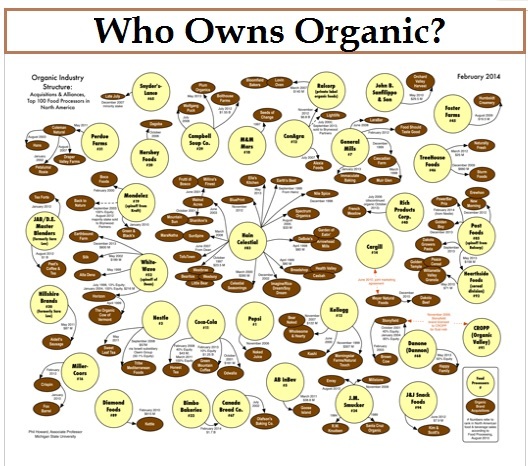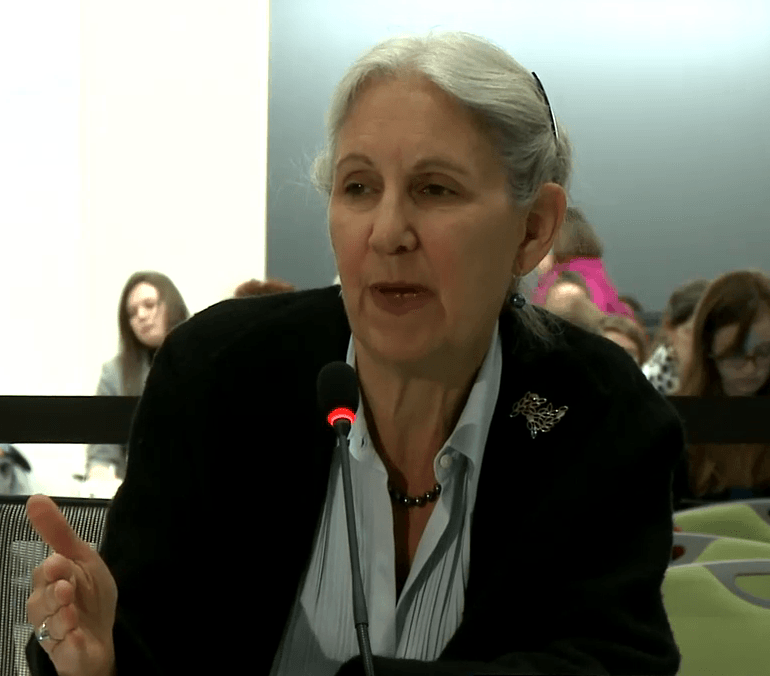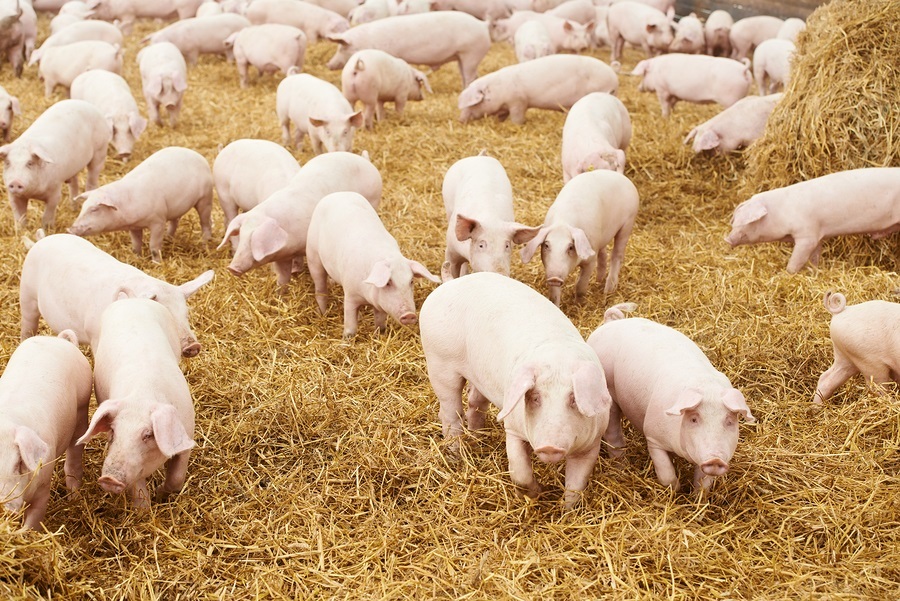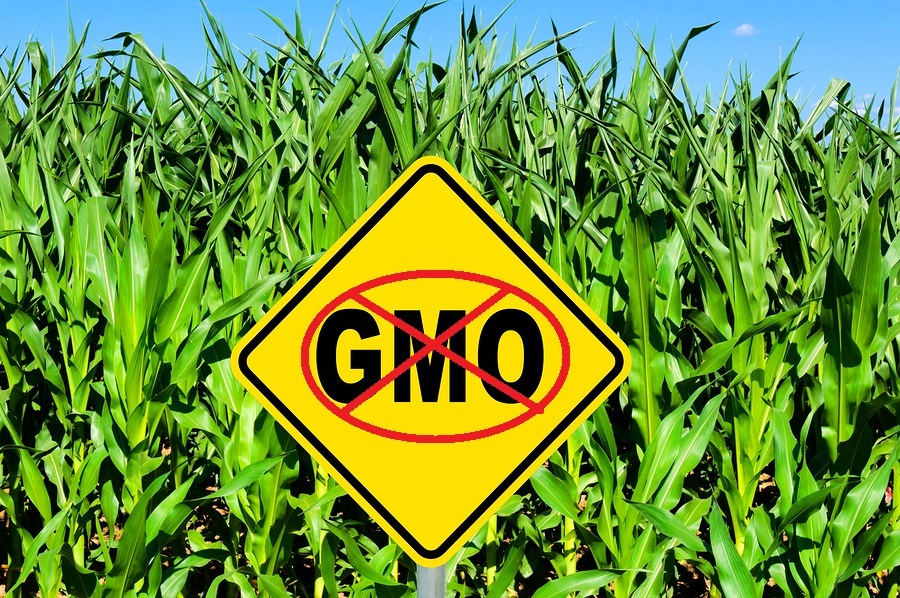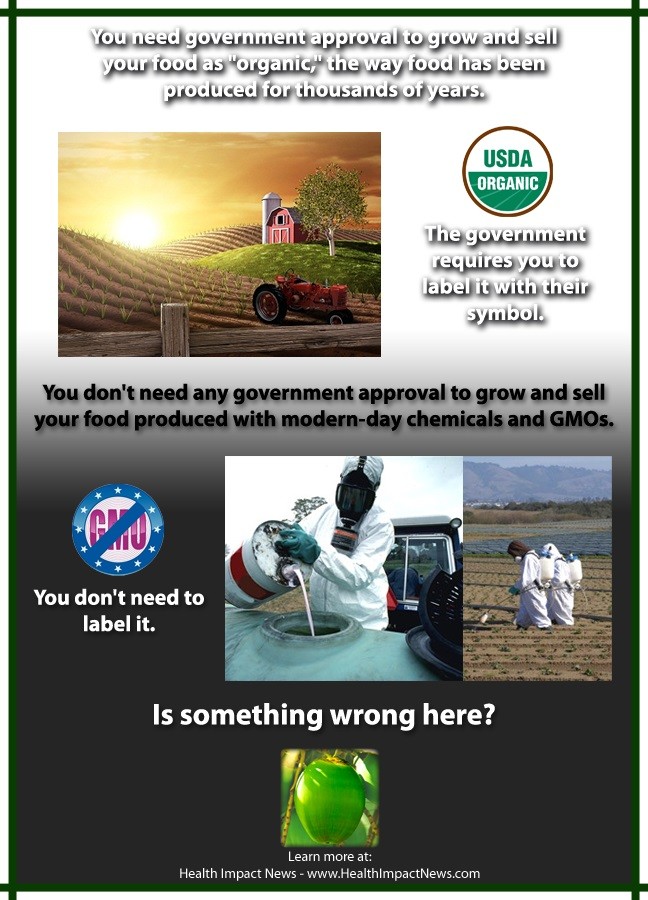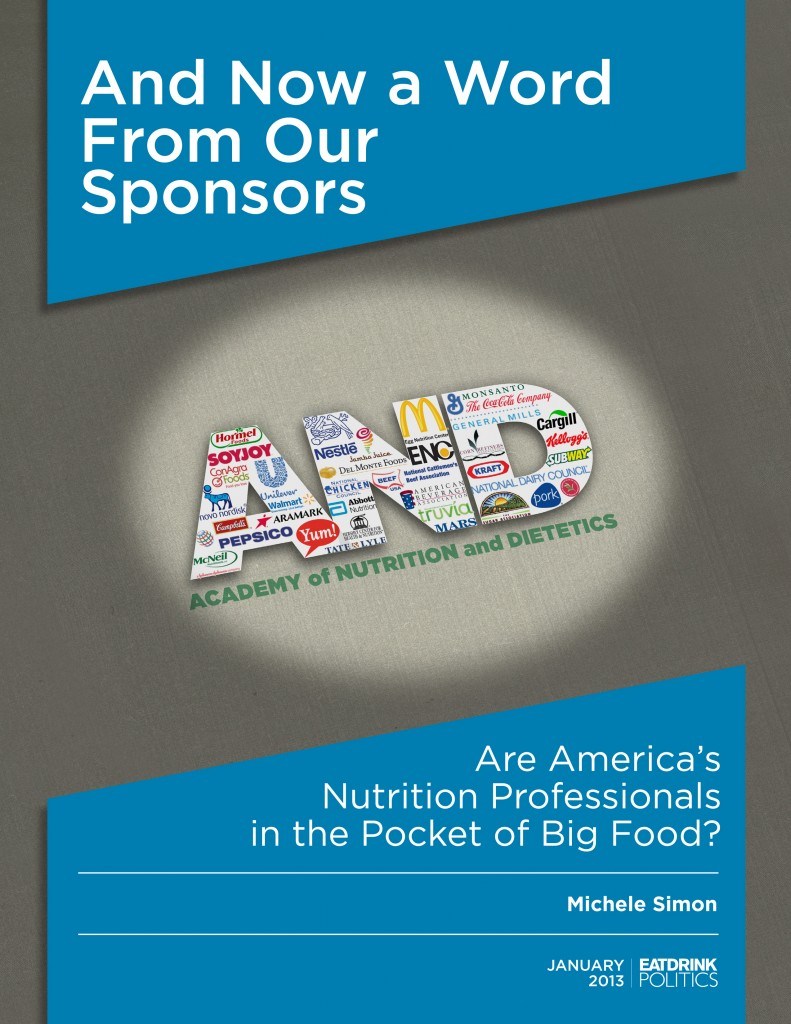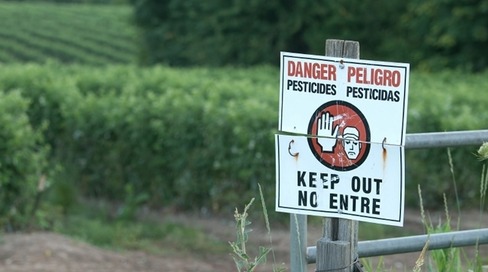Wheat is a main staple in the diet of many cultures, and hence getting approval to grow GM wheat is one that has eluded Monsanto and others until now. Once released into the environment, there is no turning back. Last year it was reported that some GM wheat had turned up in a farmer's field in Oregon, the result of a field trial years earlier. But so far, there is no evidence that there has been widespread "drift" from GM wheat trials.
One grain that is a staple in more people's diets than even wheat, is rice. Like wheat, the trend towards developing new breeds of GM rice have been rather cautious, knowing how many people in the world's population can be affected once the crop is out in the wild.
GM Golden Rice was developed with the hope that it could provide vitamin A through beta carotene, but the project was a huge disaster and basically shelved for years. But then Bill Gates came along, the college drop out billionaire that started Microsoft Corp., looking for something to spend his billions of dollars to promote. All of a sudden, with big money providing jobs to pursue a failed project, GM Golden Rice has new life.
Thanks to GM Watch, we have some real information about Golden Rice, and its danger to Asia and the rest of the world.




